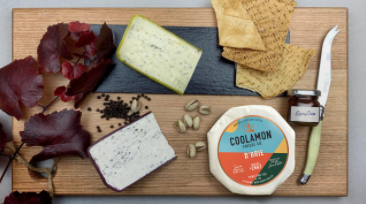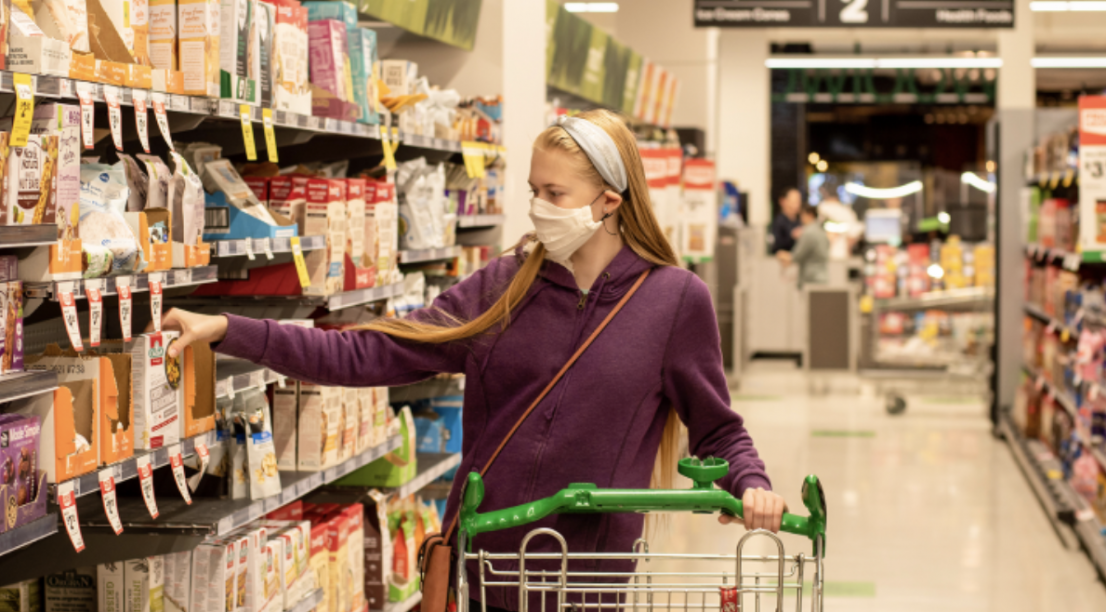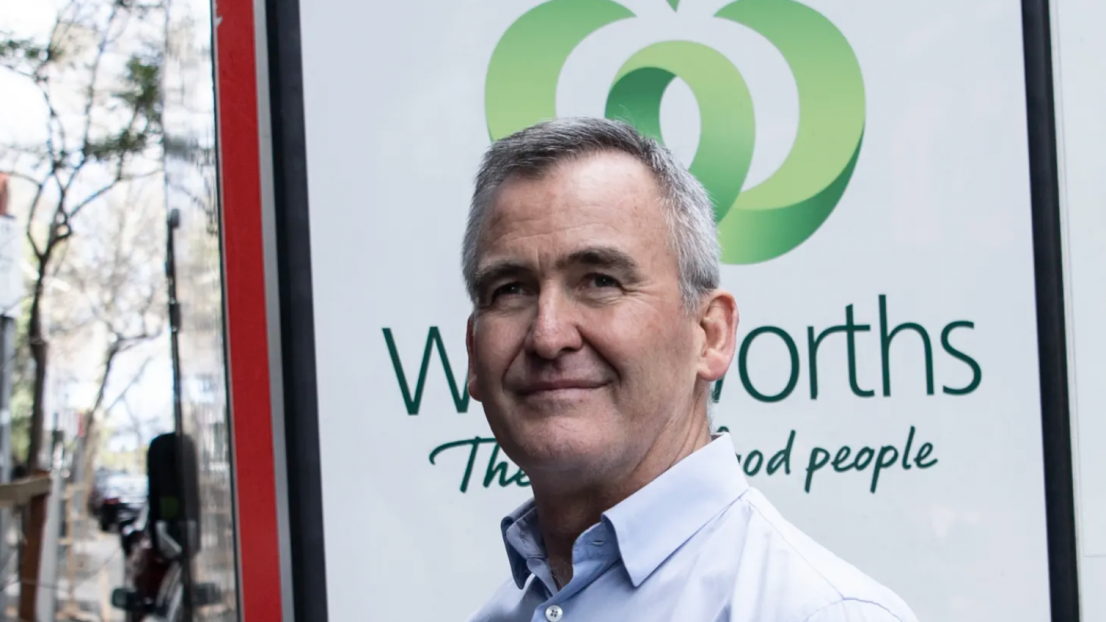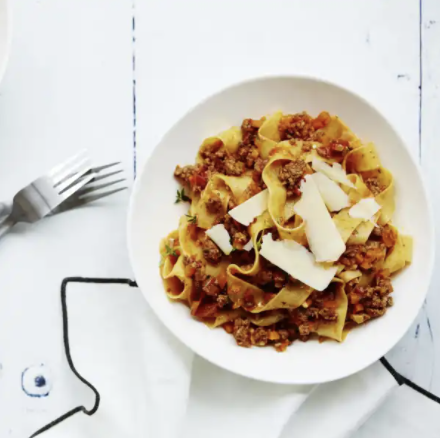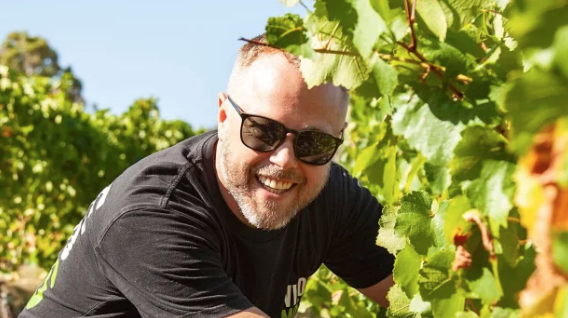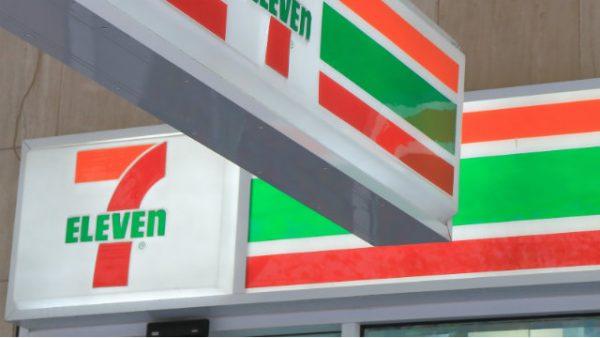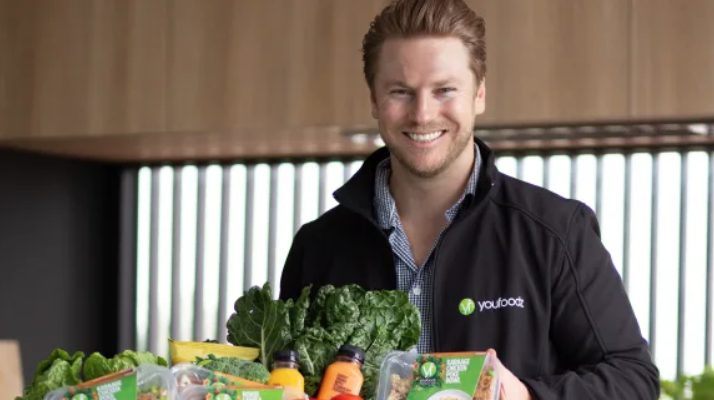
Ready-made meals maker Youfoodz says Nestle's $US1.5 billion ($2.1 billion) acquisition of US-based chilled meals start-up Freshly highlights the growth potential of the sector as time-poor consumers demand more convenience.
Nestle revealed on Friday it had acquired Freshly for $US1.5 billion – $US950 million upfront plus performance-based earnouts of up to $US550 million – so it could test the burgeoning ready-made meals market.
“Consumers are embracing e-commerce and eating at home like never before,” Nestlé chief executive Steve Presley said. “It’s an evolution brought on by the pandemic but taking hold for the long term."
"When you have players such as Nestlé investing in this sector it demonstrates again how hot the sector is," said Youfoodz founder and chief executive Lance Giles, who is taking the former family-controlled company public through an initial public offering.
The $70 million bookbuild for the initial public offering was covered last week at $1.50 a share, valuing the Brisbane-based business at about $202 million, or 1.1 times gross revenues of $200 million. A retail offer opens next Monday.
Nestlé's Freshly deal implies a multiple of 2.2 to 3.4 times revenues, reflecting a control premium and the strong growth in the business. Freshly ships more than one million meals a week to customers in 48 US states and is forecasting sales of $US430 million this year.
Youfoodz, which makes 400,000 ready-made meals and snacks a week from its three facilities in Brisbane, is forecasting net revenues (after discounts and rebates) to grow 17.7 per cent this year to $149.9 million.
It expects to make its first profit in years, earning $500,000 before interest tax depreciation and amortisation after racking up accumulated losses of about $60 million over the last eight years.
Youfoodz chairman Neil Kearney, a former Goodman Fielder, National Foods and Warrnambool Cheese & Butter executive, said the multiple paid for Freshly was indicative of the value Youfoodz could achieve once it was trading more profitably and had moved into a new automated production facility.
"The multiples we receive in the marketplace have potential to move towards that level," Mr Kearney said. "There's no doubt the potential growth of the business like this over the longer term will ensure it is likely to trade at quite a reasonable multiple."
Mr Kearney said there was scope for Nestlé to establish Freshly in Australia, but there was also potential for the Swiss-based consumer foods giant to make a local acquisition. In that case, Youfoodz could become a target.
About $15 million of the IPO proceeds will be used to fund the construction of the custom-built facility, which is expected to be operating by 2022-23 and will enable the company to lift production to about 1.1 million meals a week.
About $25 million will be used to repay a loan from 77 per cent shareholder RGT Capital, which was taken out last year to pay tax debts and restructure the business. Most of the balance, about $24 million, will be used to fund further growth and increase marketing.
Mr Kearney, who took the chair last month, said legacy issues such as the company's problems with the ATO and disputes with unions over allegations of unpaid wages and bullying had been dealt with by new management and new systems and governance processes had been put in place.
According to Youfoodz' prospectus, the Australian and New Zealand ready-made meals market is worth $3.2 billion and is growing by about 11 per cent a year.
While more people were cooking at home during the pandemic, boosting sales at Coles and Woolworths and meal kit companies Marley Spoon and HelloFresh, more consumers were also becoming accustomed to having food delivered, Mr Giles said.
"I feel the market is shifting this way towards food delivered to people's doorsteps, whether it's meal kits or ready-made meals – it's a really hot sector and it's growing at a rapid rate."
Youfoodz, which currently sells directly to consumers through its website and through retailers such as Coles, IGA, 7-Eleven and BP, plans to launch a subscription offer early next year to improve customer retention. Ready-made meals and meal-kit businesses have high churn rates and customer acquisition costs are expensive.
"COVID has changed consumer behaviour forever, particularly in the food delivery space," Mr Giles said. "We’re in a really good spot."


